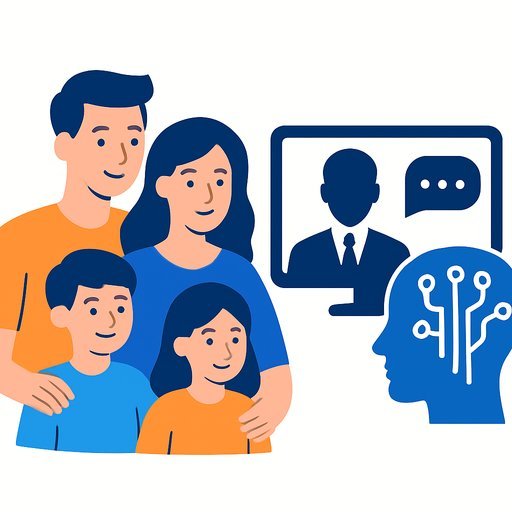The Challenge for Brands: Large Language Models Disrupting Consumer Engagement
Large Language Models (LLMs) are changing how consumers discover and interact with brands, creating new challenges for PR and communications professionals. Unlike traditional SEO, which focuses on keyword targeting, LLMs deliver responses based on context, user intent, and real-time data. This shift means brand visibility can become unpredictable and requires ongoing attention.
An analysis of 17 retail-related prompts found that 82% of LLM-generated responses mentioned brands, with two to sixteen different brands appearing per prompt. However, these mentions fluctuate daily, highlighting the importance of continuous monitoring and content adaptation.
Unpredictability for South African Brands
In South Africa, the challenge is even greater due to high LLM adoption rates. Brands need to compete in a market where AI-powered tools influence a significant portion of consumer interactions. As LLMs become more sophisticated and integrated into platforms like X, Facebook, and Chrome, brands must adapt quickly to remain relevant.
Success will depend on optimising content that resonates with both users and AI systems. Flexibility and innovation will be key, as brands must ensure their presence within AI-generated responses to capture attention in an environment where traditional search traffic is declining.
Generative AI Usage in South Africa
Generative AI has gained remarkable traction. For example, OpenAI’s ChatGPT reached 100 million users globally in just two months in 2023—a pace unmatched by major platforms like Facebook or Spotify. In South Africa, ChatGPT stands out as the most popular LLM app, topping iPhone downloads in April 2025 and ranking high on Android as well.
This widespread adoption means many consumers interact with LLMs daily, often without realizing it. These tools process and generate language in ways that are transforming digital communication and search behaviour.
How LLMs Affect Online Buyer Behaviour
LLMs are changing how consumers shop and discover products online. They provide direct, conversational answers that often bypass traditional search engine results pages. This "zero-click" trend means users get recommendations without visiting brand websites.
For instance, a query like “best running shoes” might prompt an LLM to list relevant brands directly, influencing purchase decisions on the spot. Features like Perplexity’s one-click shopping, launched in late 2024, integrate purchasing within the AI platform itself.
In South Africa, this shift is especially relevant given ChatGPT’s high usage. The integration of LLMs into everyday tools—such as Apple’s Siri (powered by ChatGPT), X’s Grok, Meta’s Instagram and Facebook (with Llama), and Google Chrome (using Gemini)—means brands must secure their place in AI responses to reach consumers effectively.
Gartner predicts that search traffic could drop by 50% over the next three years due to the rise of LLMs, underscoring the urgency for brands to adapt their digital strategies.
A Turning Point for Digital Marketing
The rise of LLMs requires brands to rethink their approach beyond traditional SEO. PR and communications must focus on natural language optimisation, semantic and conversational search, and leveraging AI tools to stay visible.
Continuous analysis and adjustment of content performance are crucial. Brands that embrace these changes will be better positioned to influence consumer choices and maintain a strong presence in AI-driven online environments.
- Focus on creating authentic, conversational content that aligns with how people naturally ask questions.
- Monitor LLM outputs regularly to understand where and how your brand is mentioned.
- Use AI-powered analytics to refine messaging and identify emerging trends.
For communications professionals looking to sharpen their AI skills and stay ahead, exploring specialised AI courses can provide practical insights. Resources like Complete AI Training’s latest courses offer valuable knowledge about AI tools and strategies relevant to marketing and PR.
Your membership also unlocks:





